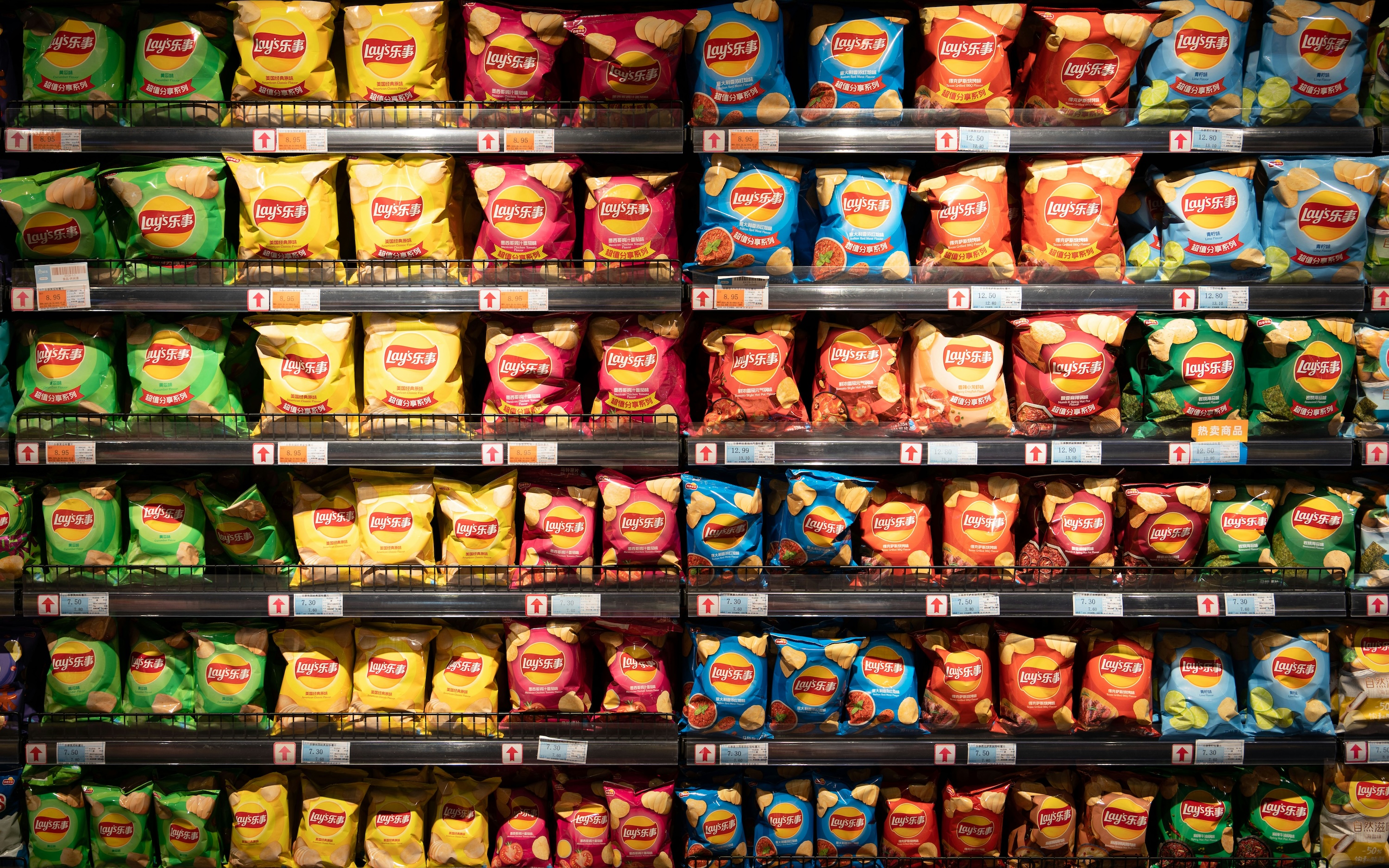Ultra-Processed Foods: What They’re Really Doing to Your Body


We all know fast food and most packaged foods aren’t great for us - they aren’t called “junk food” for nothing! But ultra-processed foods are more than just empty calories. These Frankenfoods actually work against your health.
Research shows that ultra-processed foods (UPFs) are linked to everything from metabolic dysfunction and weight gain to poor sleep, depression, and even cognitive decline.
Eating a diet high in UPFs has been shown to:
And here’s what’s crazy: Most Americans get over 60% of their daily calories from these foods.
First, let’s define UPFs. UPFs are industrially-manufactured products with little to no whole-food ingredients. They are cheap to produce and are made by scientists, not from the earth. They’re engineered to be hyper-palatable—meaning your brain lights up, and you want more, even when you’re full. I often use this analogy: a snack-sized bag of chips typically has 1-2 white potatoes in it, and you could probably eat several bags with no problem. But, if I were to tell you to eat two or more plain white potatoes, you’d be stuffed! That’s why it’s not surprising that people eating UPFs typically eat 500 or more calories than if they would have stuck to whole foods.
UPFs often contain:
They are things like:
Because of deceptive marketing and packaging, many brands trick you into thinking a product is healthy, but a look at the ingredients tells you they are not. What’s also interesting is that brands that were once good choices are no longer (thanks to them being bought by huge food companies). You really have to arm yourself with information and take the time to read labels, noting the ingredients and not just the macros.
So, how can you make sure you’re optimizing your nutrition and avoiding UPFs?
Bottom line: It’s unrealistic to think you will never again eat any UPFs - life happens and we don’t want to be the weirdo at the party - but they should be a very minimal part of your diet so you look, feel and function at your best.
Update: since I wrote this article, I read THIS. The highlights (or should I say lowlights) are: